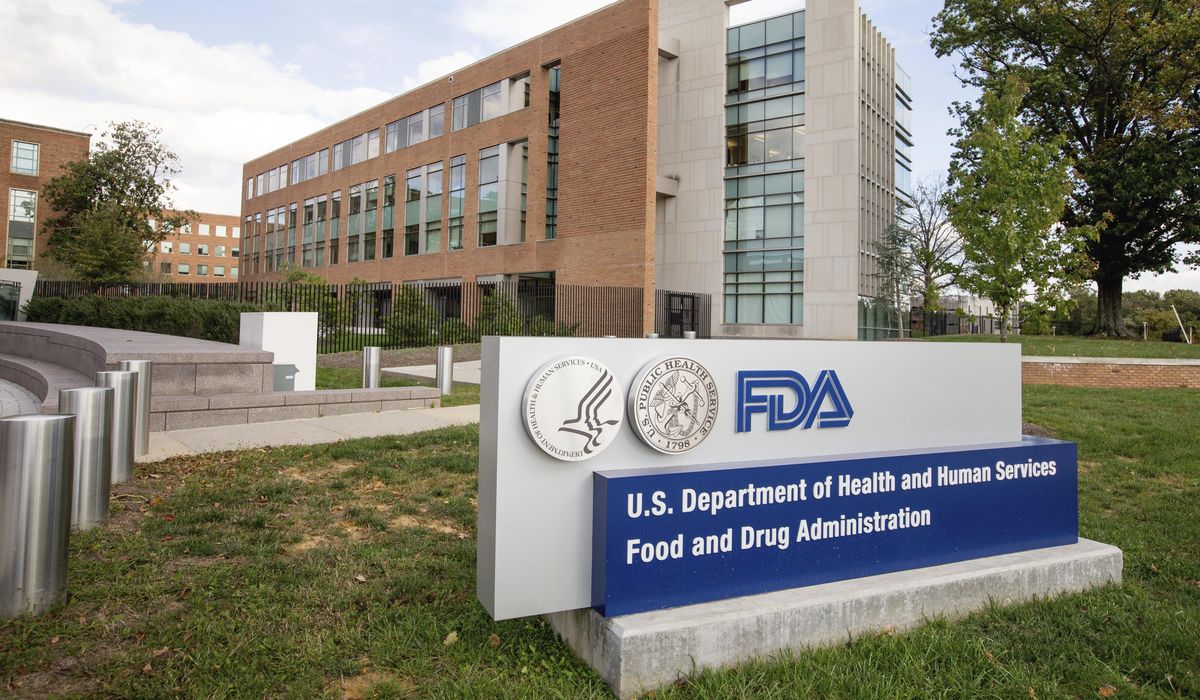


Don’t miss the full story, whose reporting from The Associated Press is the basis of this AI-assisted article.
Ice cream manufacturers across the United States are joining a growing movement to eliminate artificial food dyes from their products, representing the latest development in the food industry’s response to health concerns and regulatory pressure. Here are some facts about artificial food dyes:
• Ice cream makers representing approximately 90% of the U.S. frozen treat supply have committed to removing artificial dyes from their products within three years.
• About 40 manufacturers of ice cream and frozen dairy desserts will eliminate seven petroleum-based dyes by 2028, including Red 3, Red 40, Green 3, Blue 1, Blue 2, Yellow 5 and Yellow 6.
• The move follows similar commitments from major food companies — including Nestle, Kraft Heinz and General Mills — to remove artificial colors from their products.
• Health advocates have linked artificial dyes to potential neurobehavioral problems such as hyperactivity and attention issues in some children, although the U.S. Food and Drug Administration maintains that approved dyes are safe for most children.
• The FDA has approved new natural color alternatives, including a blue color made from gardenia fruit that can be used in sports drinks, candies, and other products.
• Red 3 dye was banned in January after studies showed it caused cancer in laboratory rats, with food manufacturers required to remove it by 2027.
• Nutrition experts caution that removing artificial dyes doesn’t necessarily make ice cream healthier, as it still contains added sugars and saturated fat that contribute to chronic disease.
READ MORE: U.S. ice cream makers say they’ll stop using artificial dyes by 2028
This article is written with the assistance of generative artificial intelligence based solely on Washington Times original reporting and wire services. For more information, please read our AI policy or contact Ann Wog, Managing Editor for Digital, at awog@washingtontimes.com
The Washington Times AI Ethics Newsroom Committee can be reached at aispotlight@washingtontimes.com.
